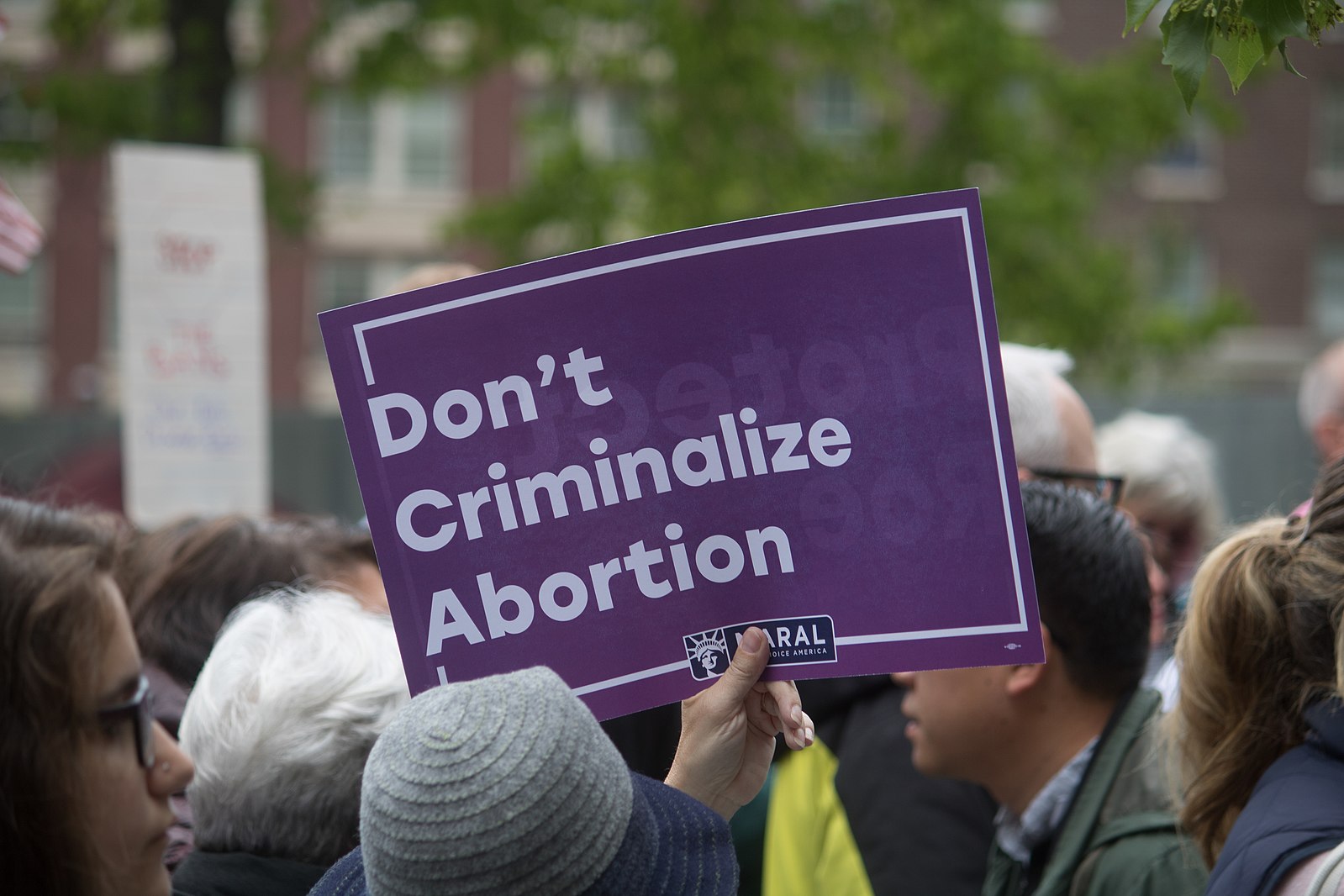Ever since President Trump started nominating new Supreme Court justices, reproductive health activists and court observers have sounded the alarm that Roe v. Wade was in jeopardy. Conservative legislators also took note—passing laws that would contradict Roe in case it did fall.
On September 1, in the middle of the night, the five most conservative Supreme Court justices issued an unsigned order denying an injunction against a new Texas law that bans most abortions and deputizes the citizenry to enforce the ban.
There is no silver lining, but there may be a layer of defense that hasn’t been fully explored by activists and reproductive justice organizers to explore: the new “progressive prosecutor” movement.
Prosecutors are granted a high level of discretion under US law, and they have the authority to simply not criminally charge people using laws they know to be unjust or unconstitutional. Progressive prosecutors have mostly focused on non-enforcement efforts on low-level drug charges. However, in 2019, four Atlanta-area prosecutors promised they would not use a new Georgia law criminalizing abortions to prosecute people for obtaining them, regardless of whether there was a legal challenge to that law.
Such promises are not legally binding. The consequences of going back on their word would essentially amount to some of their left-leaning constituency remembering the betrayal in the next election cycle. But this use of prosecutorial discretion—to not charge abortion patients or providers—could play a prominent role in our post-Roe society.
A starting place is to establish where your county DA stands on abortion.
The inverse is also true. Enterprising right-wing prosecutors can turn to new interpretations of old laws to criminalize abortion, even without a specific statute. In the 1990s, former Pinellas County, Florida, State Attorney Bernie McCabe attempted to prosecute a young girl under homicide statutes for getting an abortion.
Prosecutorial discretion is also probably why conservative donors who oppose mass incarceration, such as Charles Koch, never got involved in bankrolling pro-reform candidates in prosecutor elections. A decarceral Republican candidate for district attorney is essentially a libertarian, and many libertarians adamantly support the right to abortion without governmental inference. But funding candidates who might not prosecute people for abortion would alienate GOP allies needed for other parts of conservative donors’ political agenda. Relatively few Republicans think abortion should be legal.
Traveling from an abortion-ban state to get a legal abortion in a different state is still legal, because Congress never passed a federal law criminalizing abortion. Some Texas residents will be able to procure safe and legal abortions elsewhere; others who don’t have the resources will not.
Groups like the ACLU and Color of Change have already been educating the public on the importance of district attorney races and knowing what one’s DA stands for as a strategic lever for racial justice. Reproductive justice organizations might now consider doing the same.
A starting place is to establish where a county DA stands on abortion. Rarely have top prosecutors been asked to weigh in on the issue, and whether they run as Democrats or Republicans is not enough to know whether they support or oppose criminalization. Reproductive justice advocates should seek this information from as many DA offices as possible.
If the DAs refuse to not prosecute abortion, or glibly state that the law is the law—not just downplaying, but outright ignoring, their own power of discretion—that information should be advertised where it will be seen by constituents who might not otherwise be aware. And if any DAs promise outright that they will not prosecute abortion-related charges, that promise should be publicly platformed, too.
In 2020, multiple plaintiffs sued in Tennessee to block a new law that would force abortion providers to tell patients it may be possible to reverse a medication-induced abortion in the middle of the procedure, under the threat of felony charges, fines and incarceration. To guide his decision, US District Judge William Campbell invited the four DAs named in the suit—Memphis DA Amy Weirich, Davidson County (Nashville) DA Glenn R. Funk, Knox County DA Charme P. Allen and recently retired 15th District DA Tom Thompson—to state on-record that they would not prosecute providers for giving the required recitation but then stating they disagreed with it.
All of them filed the requested declaration except Nashville DA Funk, who filed a declaration that he would not enforce the new law because of his legal opinion that it is unconstitutional.
An October 2020 open letter from Fair and Just Prosecution also collected the signatures of dozens of locally elected prosecutors across the US who promised to not prosecute anyone who obtain abortions and health care professionals who provide them—“even if the protections of Roe v. Wade were to be eroded or overturned.”
Photograph via Wikimedia Commons/Creative Commons 2.0





Show Comments